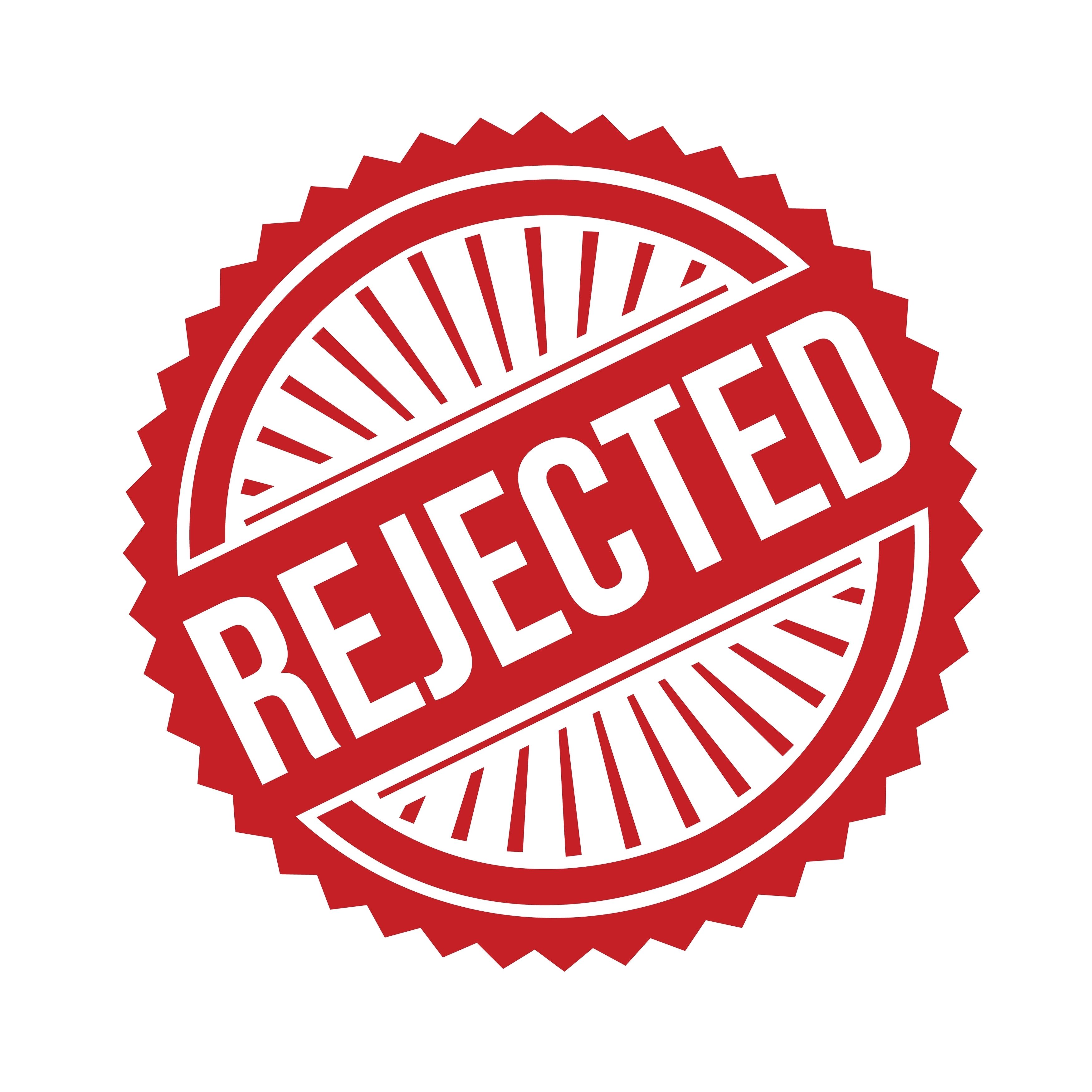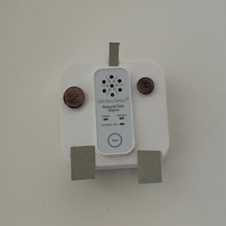This newsletter explores the emerging legal topics and issues affecting the condominium and cooperative services industry. Thought-leading attorneys from Moritt Hock & Hamroff’s Condominium and Cooperative Services Practice Group share their legal insight, experience and best practices on this rapidly evolving area of law.

Court Rejects Board's Attempt To Unilaterally Decide Who Is Eligible To Run For The Board
In a decision showing the limits of a co-op board’s ability to control who is eligible to run for board seats, the court in McCardle v. Edgewater Park Owners Cooperative, Inc., Index No. 810194/2024E (Bronx Co. Sup. Ct. May 14, 2025), overturned a board’s decision to deny several shareholders’ attempts to stand for election at the co-op’s annual shareholder meeting.
This case involves a large bungalow community in the Northeast Bronx organized as a cooperative. The co-op owns a building on the grounds used for community events, part of which building is leased to the Edgewater Athletic Association (“EAA”). The EAA is an organization that many of the co-op’s shareholders belong to, but which in recent years has become embroiled in disputes with the co-op board over complaints about excessive partying and other issues.
Ahead of last year’s annual meeting, several shareholders who were also members of (or otherwise affiliated with) the EAA submitted applications to run against the incumbent members of the co-op’s Board of Directors. However, those four shareholders’ applications were rejected on several bases, including what the current co-op board alleged to be “conflicts of interest” due to their affiliations with the EAA.
The co-op’s bylaws set forth two requirements for candidacy: (1) the candidate must be a stockholder of the co-op corporation and (2) an occupant of one of the co-op’s bungalows. Notably, however, the by-laws lack any requirements addressing purported conflicts of interest or financial arrearages, much less anything addressing affiliations with the EAA. Moreover, the board accepted the candidacy of a different shareholder similarly affiliated with the EAA, seemingly ignoring their own self-imposed, yet unwritten rules.
The court held that the board’s decision to reject the four shareholders’ applications was ultra vires and therefore not protected by the business judgment rule. As the court put it, “the structure contemplated by the bylaws assumes that the shareholders, not the Board, serve as the final arbiters of who may hold elective office. . . . Concerns about conflicts of interest, dual loyalties, or ethical lapses can and should be aired at the shareholders” meeting prior to voting.” The board’s exclusion of these candidates amounted to an improper “preemptive veto by the Board based on political or institutional disagreement.”
While courts are ordinarily reluctant to become embroiled in election disputes, this decision shows that where a co-op board clearly oversteps its authority under the by-laws, the courts will be more willing to intervene.

The Department of Buildings Issues Another Delay To Implementation Of Local Law 97
May 1, 2025 was supposed to be the big deadline for the filing of the first Local Law 97 carbon emissions reports. However, faced with thousands of buildings likely not to get their reports filed on time, in April the DOB announced that covered buildings could push filing until August 29, 2025 if they submitted a request. The DOB has now announced that if buildings submit a request by August 29, they will have until December 31, 2025 to get those Local Law 97 annual emissions reports on file.

Legislation Enacted To Delay Mandate To Install Natural Gas Detectors
Local Law 97 is not the only big compliance mandate experiencing teething troubles this summer. In 2016, two deadly natural gas explosions in East Harlem and the East Village prompted the passage of Local Law 157, which required, among other things, that natural gas detectors be installed in most residences, including multifamily residences like condominiums and cooperatives.
Even though the law was passed in 2016, no one was required to install these detectors until May 1, 2025, because (as discussed in a prior edition of this Digest) implementation of the rule was held up by delays in establishing a uniform industry standard, NFPA standard 715 of 2023, for such detectors.
If you have attended an annual meeting this spring (or dozens of such meetings, as we have), it is highly likely that you were informed by management that despite the May 1 deadline, your building has still not installed any natural gas detectors. This is not due to indolence or a cavalier attitude towards the dangers of undetected gas leaks.
Rather, it turns out that there are literally no more compliant natural gas detectors currently available anywhere on the market. At the moment, only one single manufacturer produces detectors that are both complaint with the NFPA standard and also battery-operated (a necessity given the law’s requirement that the detectors be placed near the kitchen ceiling), but that company has faced supply chain disruptions and massive recalls due to manufacturing defects.
A bill passed late last month by the New York City Council delays compliance deadlines until at least July 1, 2026, or possibly later if the DOB determines that there are not at least four distinct manufacturers of battery-powered natural gas alarms available to supply buildings.